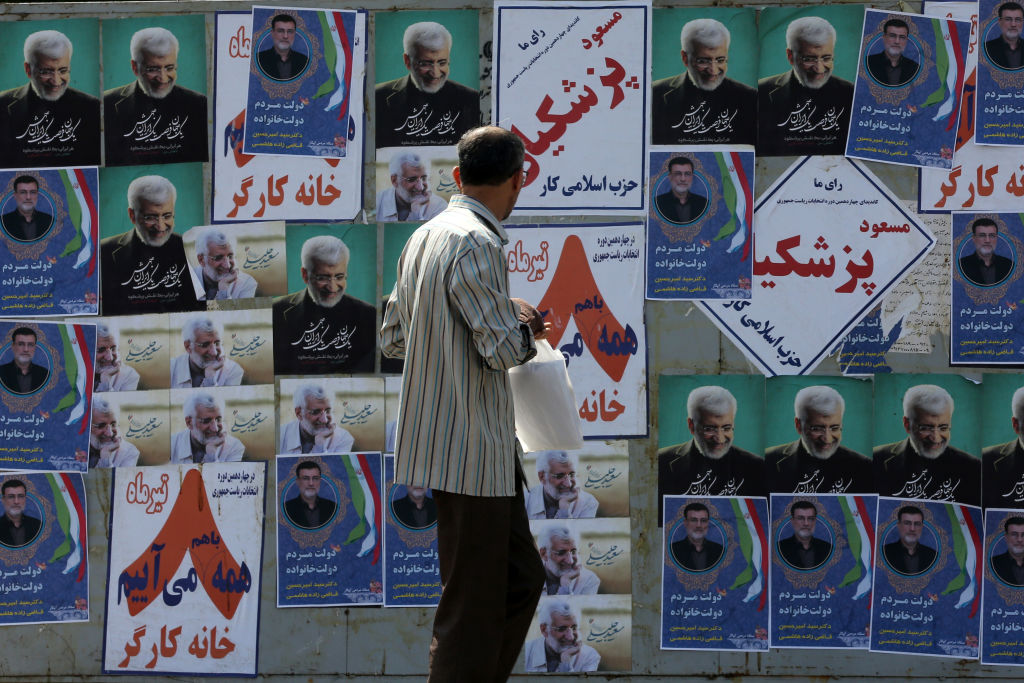Gov. Kathy Hochul and lawmakers are expected to weigh more taxes and fees to fill a massive $33 billion hole in the Metropolitan Transportation Authority’s budget even after hitting drivers with the controversial new Manhattan congestion toll.
Hochul is rolling out “affordability” proposals ahead of her state of the state address next week and declared on Monday the state wouldn’t pass a budget “that we could not afford,” pledging she wanted to make sure “we don’t have to raise taxes.”
But the cash-strapped MTA needs a massive infusion of cash to flaot its huge five-year capital plan totalling $68 billion, with even the governor’s budget director admitting fees and taxes will likely be part of the solution.
“I think taxes generally will be part of the discussion,” Hochul’s budget chief Blake Washington told reporters in November.
Hochul fully endorsed the capital plan last fall, and signed off on it despite questions about the unaccounted-for $33 billion needed to fund it.
Hochul has promised not to raise income taxes in 2025, though that doesn’t include other taxes and fees like a payroll mobility tax she put forward last year when she put congestion pricing on pause.
Hochul, on Monday, passed the buck and said it was up to the legislature to propose the new taxes.
“This is in their court,” Hochul said. “They’ve said that they’re going to find the funding sources, and I’ll continue working with them.”
On Christmas Eve last month, Assembly Speaker Carl Heastie and Senate Majority Leader Andrea Stewart-Cousins formally objected to letting the capital plan take effect on Jan. 1, effectively allowing them to negotiate its overall size and contents during state budget talks.
In a joint letter, the leaders said they objected to the unfunded $33 billion of the plan.
“The entirety of our point was that this plan would saddle the state with a $33 billion deficit with no actual funding,” state Senate Communications Director Mike Murphy told The Post in a statement.
“I think the governor understands that the ball is in everyone’s court to address the vital transportation needs of the MTA network, which are critical to the State’s and region’s economic well-being.”
A spokesperson for Hochul declined to say if the governor will even publicly publish a plan on how to fill the revenue hole within her executive budget – meaning New Yorkers could end up totally in the dark as negotiators haggle over which taxes and fees to slam them with once the budget is eventually rammed through as it has been in years past.
Late last year, powerful Senate Finance Committee Chair Liz Krueger told The Post that she expects the plan to require new forms of revenue, and that the governor should make it public.
“Of course she should come out with a public facing plan,” Krueger told The Post at the time.
“It should all be public facing,” she added.
Hochul is expected to release her budget proposal in two weeks.
The proposal will include an increase for New York child tax credit, Hochul announced Monday at the Vanderbilt YMCA in midtown east.
The tax credit would increase to $1,000 per child under age-4 and $500 per child aged 4 to 16 from $300 per child now.
The full credit would be available to households making under $110,000 a year, with a phased out amount for those making more.
The governor did not put a price tag on how much raising the tax credit would cost.
Hochul also plans to propose sending $500 checks to families making below $300,000 a year in what she calls an “inflation refund.” The move is expected to cost the state $3 billion.

 By New York Post (U.S.) | Created at 2025-01-06 22:47:25 | Updated at 2025-01-08 04:32:54
1 day ago
By New York Post (U.S.) | Created at 2025-01-06 22:47:25 | Updated at 2025-01-08 04:32:54
1 day ago








